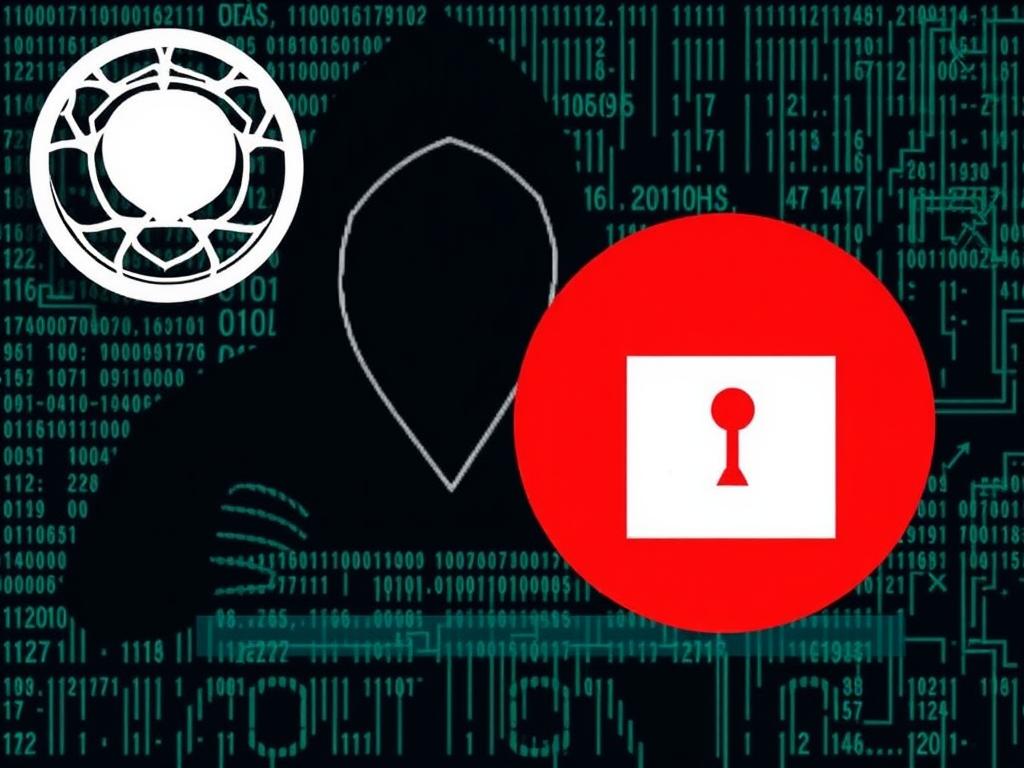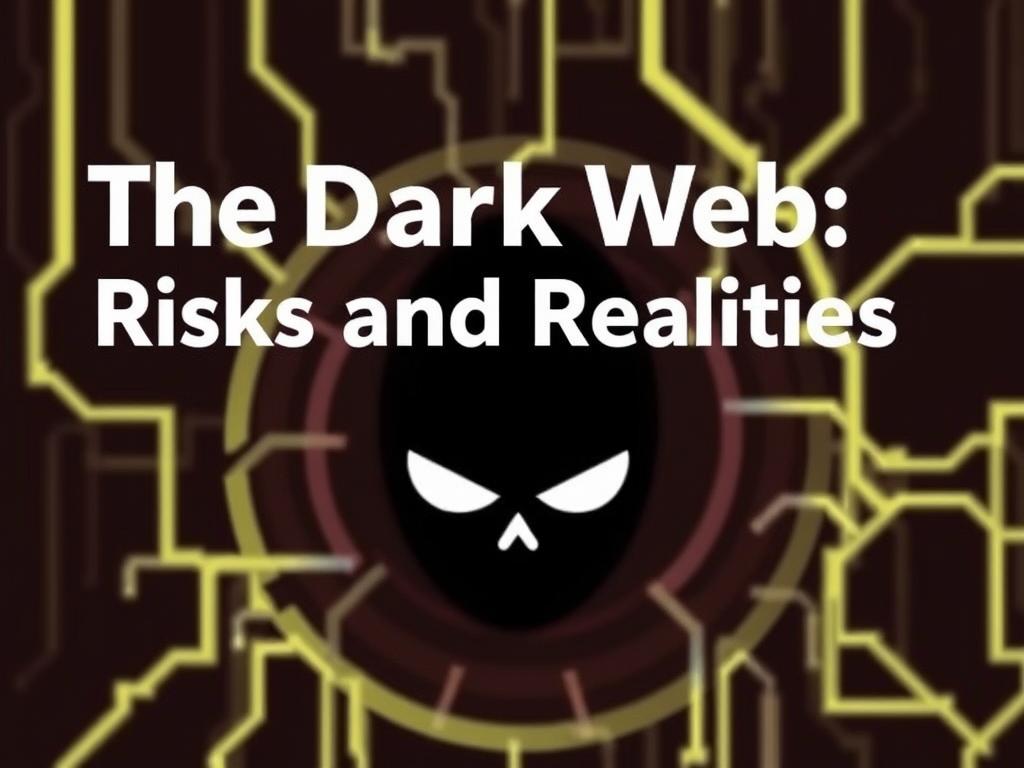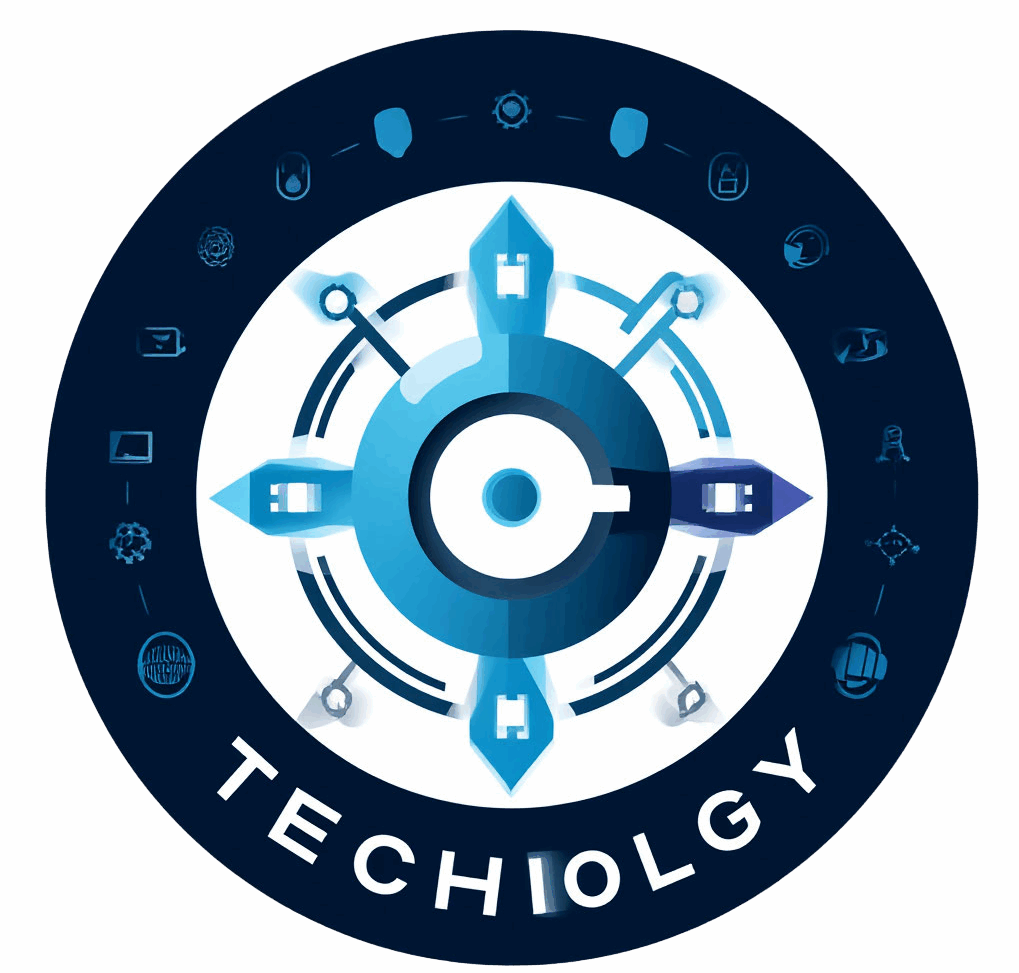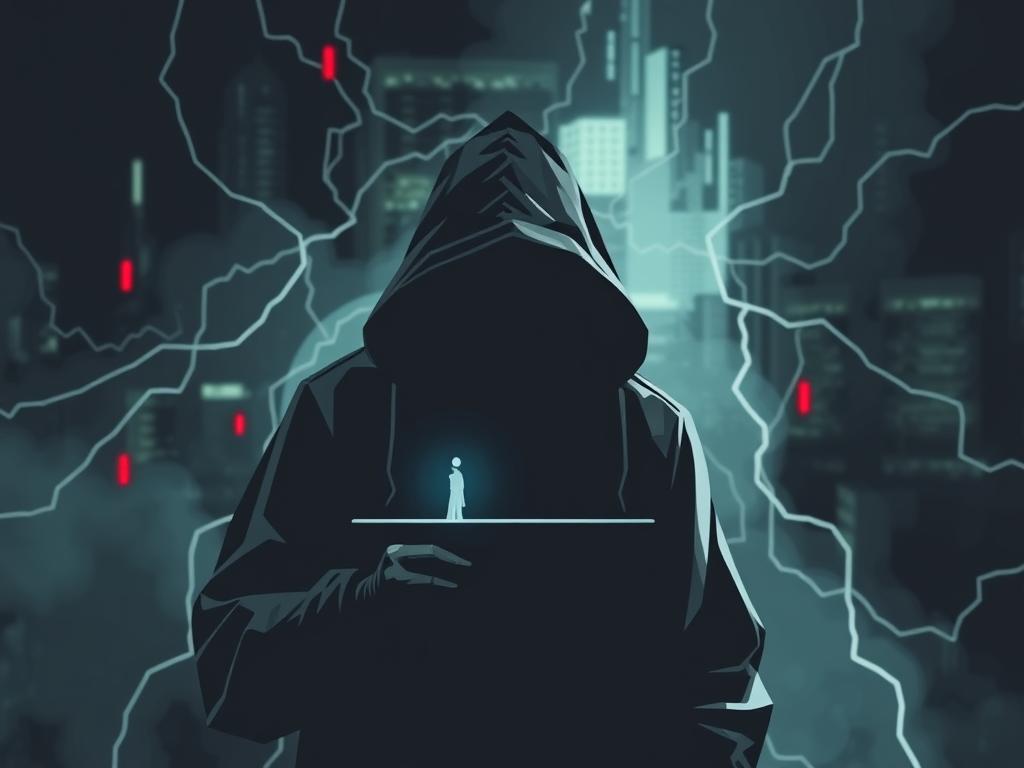The Dark Web has long been a topic shrouded in mystery and intrigue. For many, it conjures images of shadowy figures, illegal activities, and hidden corners of the internet where the rules simply don’t apply. But what exactly is the Dark Web? Is it all bad, or are there realities that differ from common misconceptions? In this article, we will take a deep dive into the Dark Web, exploring its risks and realities in a way that’s easy to understand, engaging, and informative.
What is the Dark Web?
Before diving into the risks and realities, it’s important to understand what the Dark Web actually is. The Dark Web is a small part of the World Wide Web that isn’t indexed by traditional search engines like Google or Bing. You can’t access it using a regular browser. Instead, specific software like Tor (The Onion Router) is required to access these hidden websites.
To better understand the structure of the internet, it’s often divided into three areas:
| Layer | Description | Example |
|---|---|---|
| Surface Web | Accessible to anyone via standard browsers; indexed by search engines | Wikipedia, Facebook |
| Deep Web | Not indexed by search engines but doesn’t require special access; includes databases and private pages | Bank accounts, subscription services |
| Dark Web | Hidden and encrypted part of the web, accessed through special software | Onion websites requiring Tor browser |
This distinction is crucial because the Dark Web constitutes only a tiny fraction of the Internet, but it grabs an outsized share of attention due to its association with anonymity and often illicit activity.
Why Do People Use the Dark Web?
It’s easy to assume that the Dark Web is purely a place for criminals, but the reasons people access it are more varied than you might think. Here are some of the legitimate and less-known uses that highlight the reality behind this hidden part of the internet:
- Privacy and anonymity: In countries with strict censorship or surveillance, the Dark Web offers a way for citizens to communicate freely.
- Whistleblowing: Platforms like SecureDrop enable whistleblowers to share information without risking identification.
- Research and journalism: Reporters and researchers sometimes explore the Dark Web to understand crime trends or gather information.
- Access restricted content: Some controversial topics and forums exist solely on the Dark Web to avoid censorship.
Despite these valid uses, it’s impossible to ignore the darker side that attracts significant media attention.
The Risks Associated with the Dark Web
Entering the Dark Web without understanding its risks is like wandering into a dangerous neighborhood without a guide. Here’s a rundown of the main dangers to be aware of:
Criminal Activity and Illicit Content
Many of the sites on the Dark Web facilitate illegal activities such as drug trafficking, weapons sales, human trafficking, counterfeit money, and hacking services. The anonymity provided makes it easier for criminals to operate.
Scams and Fraud
Because transactions on the Dark Web are often done using cryptocurrencies and the identities of buyers and sellers are hidden, scams are rampant. There is no guarantee you will receive what you pay for, if anything at all.
Malware and Cyber Attacks

Visiting Dark Web sites increases your risk of encountering dangerous malware. Hackers often use these sites to distribute viruses, ransomware, or spyware to unsuspecting users.
Legal and Ethical Consequences
Even if you don’t engage in illegal activity on the Dark Web, browsing some sites can raise legal red flags. Law enforcement agencies monitor parts of the Dark Web to track down criminals, and accidental access to illegal content can have serious consequences.
Privacy Risks Despite Anonymity
While the Dark Web offers layers of anonymity, mistakes such as revealing personal information or not securing your connection properly can de-anonymize you. This can lead to identity theft or worse.
How to Stay Safe if You Must Access the Dark Web

If you decide that you need to access the Dark Web for legitimate reasons, safety must be your top priority. Follow these guidelines to protect yourself:
- Always use the Tor browser or another trusted Dark Web browser.
- Consider using a reliable VPN alongside Tor to add an extra layer of security.
- Never share personal information on Dark Web sites or forums.
- Avoid downloading files as they can contain malware.
- Stick to reputable sources and avoid clicking on suspicious links.
- Keep your software, antivirus, and firewalls updated.
- Understand the laws in your jurisdiction regarding Dark Web access.
Demystifying Common Misconceptions About the Dark Web
There are plenty of myths about the Dark Web, many fueled by sensational media stories. Let’s debunk a few:
| Misconception | Reality |
|---|---|
| The Dark Web is only for criminals. | While criminals do operate there, many use it for legitimate reasons like privacy and free speech. |
| You can get hacked just by visiting. | Simply browsing is generally safe if you use the correct browsers, but downloading or clicking dangerous links can infect you with malware. |
| The Dark Web is huge. | It’s actually a very small portion of the web and contains fewer websites than the surface web. |
The Future of the Dark Web
As privacy concerns grow globally, the appeal of the Dark Web could increase, especially in places where free access to information is restricted. On the other hand, law enforcement agencies and cybersecurity companies continue to develop new methods to monitor and combat illegal activities on the Dark Web. The technology behind both the Dark Web and its policing is constantly evolving, which suggests that it will remain a fascinating and complex force on the internet landscape.
Technological Innovations

Beyond browsing, the Dark Web has inspired developments in encryption techniques, decentralized platforms, and anonymous communications. These innovations could reshape future internet use in positive ways.
Regulations and Cybersecurity
Governments are crafting laws aimed at controlling illicit use of the Dark Web while preserving privacy rights. This delicate balance will define how the Dark Web operates moving forward.
What Should You Take Away About the Dark Web?
In essence, the Dark Web is neither entirely good nor entirely evil—it is a tool. How it is used determines the outcomes. Just like any technology, it offers benefits like protection from censorship and dangers such as illegal trade and cyber threats. Understanding these facets helps us approach it with caution, curiosity, and respect.
Conclusion
The Dark Web remains one of the most misunderstood parts of the digital world. While it undeniably harbors risks such as scams, malware, and illicit trade, it also provides valuable services like privacy protection and freedom of speech under oppressive regimes. Whether you are simply curious or considering deeper exploration, it’s crucial to weigh the risks carefully and take proper precautions. By separating fact from fiction, you can navigate the topic of the Dark Web with a clear, informed perspective—recognizing that behind the shadows lie both dangers and realities that shape our evolving digital landscape.




